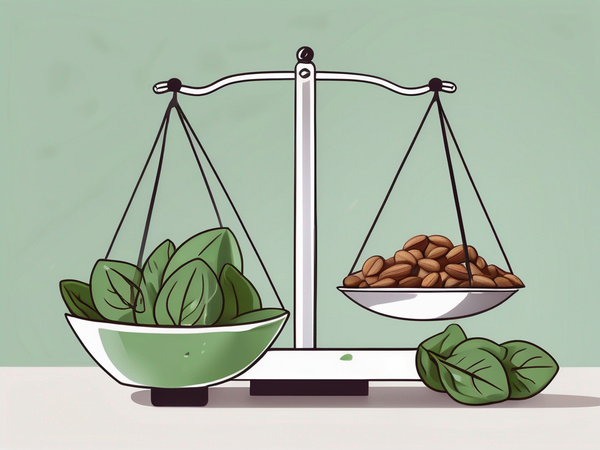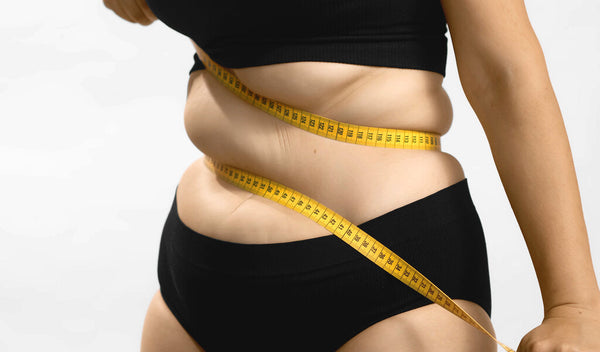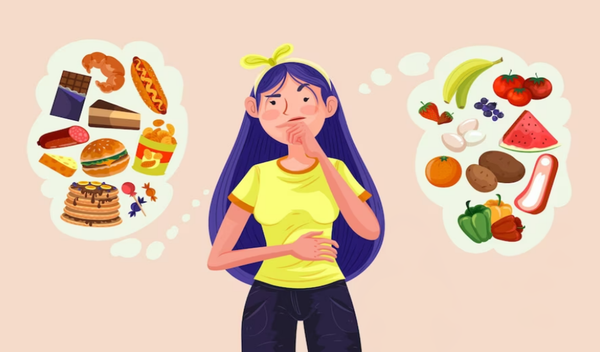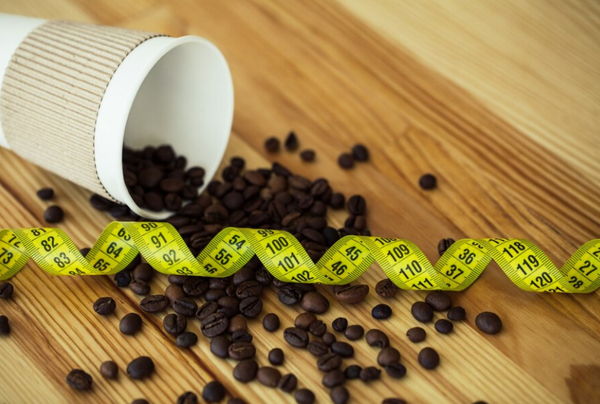Tried and tired of all sorts of weight loss techniques, but the weight just seems to be stuck on the scale? Have you ever attempted “The Calorie Deficit Diet” yet? If not, then this blog is for you. Even if you’ve tried but didn't succeed, this blog will shed some light on other factors to combine for it to work best in favor of your weight loss goal. A weight loss regimen can literally drain you mentally if you do not see the results as equivalent to the efforts you put in. If you feel that you are eating right and exercising but are still not losing weight, you may need a calorie deficit to accelerate your weight loss process. Let’s understand what a calorie deficit is in detail and how it can help you lose weight through this write-up.
What is Calorie Deficit
Every food has a specific amount of calories( energy count). These calories are nothing but the energy molecules you need to function and maintain your body weight. Just like your car would need a certain amount of fuel to cover a particular distance, When you eat just sufficient calories, your body easily utilizes or burns them for all the biological functions and physical activity, which helps maintain your weight. However, if you eat more calories than your body burns, it will store them as fat, which can then lead to weight gain. On the other hand, if you eat fewer calories than your body burns, it is termed a calorie deficit, which helps you lose weight.
The Equation between Calories and Weight Loss
Calorie needs differ from person to person. Before you create a calorie deficit, first calculate your average daily caloric requirement. With the help of online calculators, you will need to input your height, weight, and activity levels to get an idea of your daily calorie requirement. Let's assume your average caloric requirement comes up to 1800 per day. You can create a calorie deficit by subtracting 500. Now your new calorie intake target should be only 1300. When you create such a calorie deficit, your body is forced to tap into its energy reserves, which are primarily stored as fat. This creates a situation where your body burns more calories than it receives, leading to weight loss.
How to make Calorie Deficit Diet work for weight loss
The following practices will help you stick to your calorie-deficit diet. Make sure you implement these practices for it to work.
-
Start Food Journaling
Food journaling is a valuable tool for tracking your calories and eating habits. Start by recording everything you consume, including portion sizes and meal times. Note your mood and hunger levels. Review your journal regularly to identify patterns, make informed adjustments, and achieve dietary goals.
-
Use Calorie Counter Apps
Once you are done with food journaling, feed it into calorie counter apps. Begin by inputting your personal details, like age, weight, and fitness goals. Log every meal, snack, and beverage to track daily calorie intake. These apps provide nutritional breakdowns and help you stay within your calorie target.
-
Practice Mindful Eating
Mindful eating is a potent strategy for weight loss. Focus on savoring each bite, eating slowly, and paying attention to hunger and fullness cues. Eliminate distractions like screens and savor the flavors. This approach helps prevent overeating and encourages a healthier relationship with food, aiding in sustainable weight management.
-
Select Low Cal Foods
Once you start analyzing, gradually start making conscious choices to prefer low-calorie foods over high-calorie ones. Opt for nutrient-dense options like leafy greens, lean proteins, and high-fiber fruits and vegetables. Read food labels to identify hidden calories and avoid high-sugar, processed items. Portion control is crucial, as smaller servings of low-calorie foods can satisfy cravings while aiding in shedding excess weight.
Nutritional Tip: Natural and fresh produce are generally low in calories as compared to packaged foods. So select foods like whole fruits and plain yogurt over packets of chips for snack time.
-
Include High-Fiber Foods
One of the simplest ways to tame those hunger cravings and prevent binge eating is by including high-fiber foods. Incorporate whole grains, legumes, fruits, and vegetables rich in fiber into your diet. Fiber promotes feelings of fullness, reducing overeating. Additionally, it stabilizes blood sugar levels, aids digestion, and supports long-term weight management.
-
Have Adequate Proteins
While you want to lose weight, you sure don't want to lose muscle mass instead of fat. Having sufficient help preserves muscle mass while shedding fat, ensuring a balanced and effective approach to achieving and maintaining weight loss goals. Just like fiber, proteins promote a feeling of fullness and increase metabolism, aiding in calorie burn. Lean sources like chicken, fish, tofu, and legumes are ideal.
-
Take Help Of Fat Burners
While you start using calorie deficit for weight loss, you may take additional support of fat burning supplements and slimming teas. Some of the best fat-burning supplements contain ingredients such as L carnitine, caffeine, and chromium which collectively work by enabling fat oxidation(burning), making them extremely effective as they accelerate the weight loss process. In short, adding supplements to lose weight along with a healthy lifestyle and calorie-deficit diet can prove to be a better deal.
Factors Complimenting Calorie Deficit
While calorie Deficit works wonders for weight loss, combining the following activities will help it work more effectively while speeding up your weight loss process. So ensure you do the following for Calorie Deficit to give you the desired weight loss.
-
Exercise
Exercise is an excellent way to create a calorie deficit additionally. It burns calories, enhances metabolism, and promotes fat loss. Regular exercise, coupled with a balanced diet, creates a sustainable path to achieving and maintaining weight loss goals. -
Stress Management
Stress levels can lead to emotional eating and poor food choices. Techniques like mindfulness, yoga, or meditation help control stress, reducing the likelihood of overeating. A balanced mental state enhances weight loss efforts by promoting healthier habits and supporting overall well-being. -
Hydration
Hydration plays a significant role in weight loss. Drinking adequate water keeps your metabolism efficient, aiding in calorie burning. It can also prevent confusion between thirst and hunger, reducing overeating. Staying hydrated supports digestion and overall health, making it an essential aspect of a successful weight loss strategy. -
Sleep
Adequate sleep is integral to weight loss. Sleep deprivation disrupts hormones regulating appetite, leading to increased cravings and overeating. It also hinders metabolism and energy levels, making exercise less effective. Prioritizing quality sleep promotes a balanced hormonal profile and improved weight management, reinforcing healthy dietary and lifestyle choices.
Wrapping Up
Calorie Deficit to lose weight is a time and proven approach for achieving weight loss. It involves consuming fewer calories than your body burns daily, prompting it to use stored fat for energy. Creating a calorie deficit, when combined with other healthy lifestyle habits, can accelerate the weight loss process further. If you are looking for weight loss
References
https://health.clevelandclinic.org/calorie-deficit/
https://www.mayoclinic.org/healthy-lifestyle/weight-loss/in-depth/calories/art-20048065




























